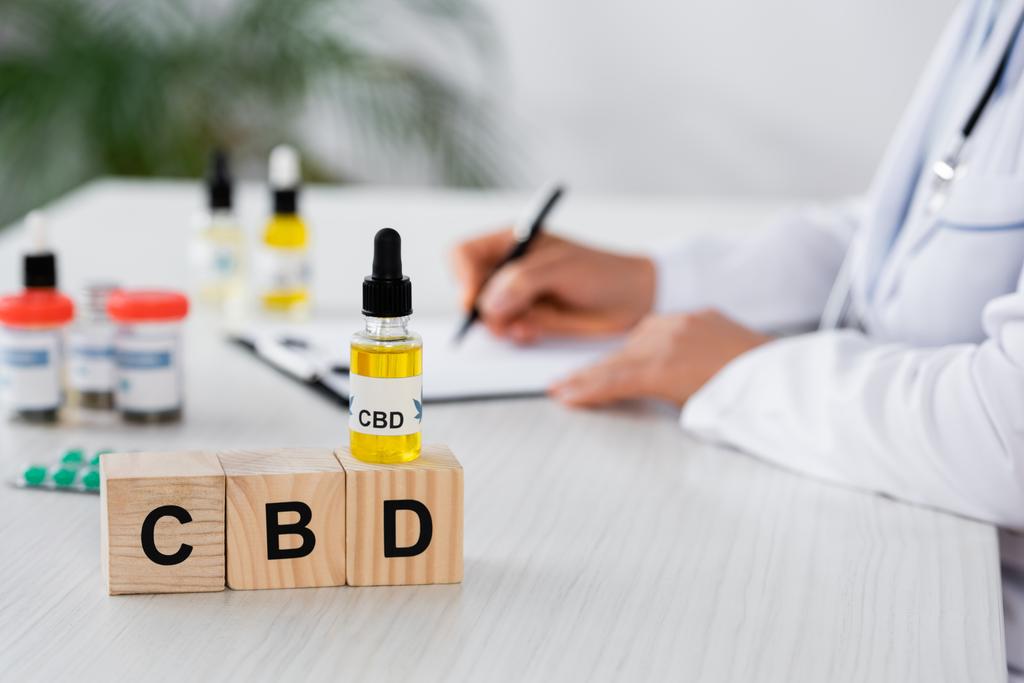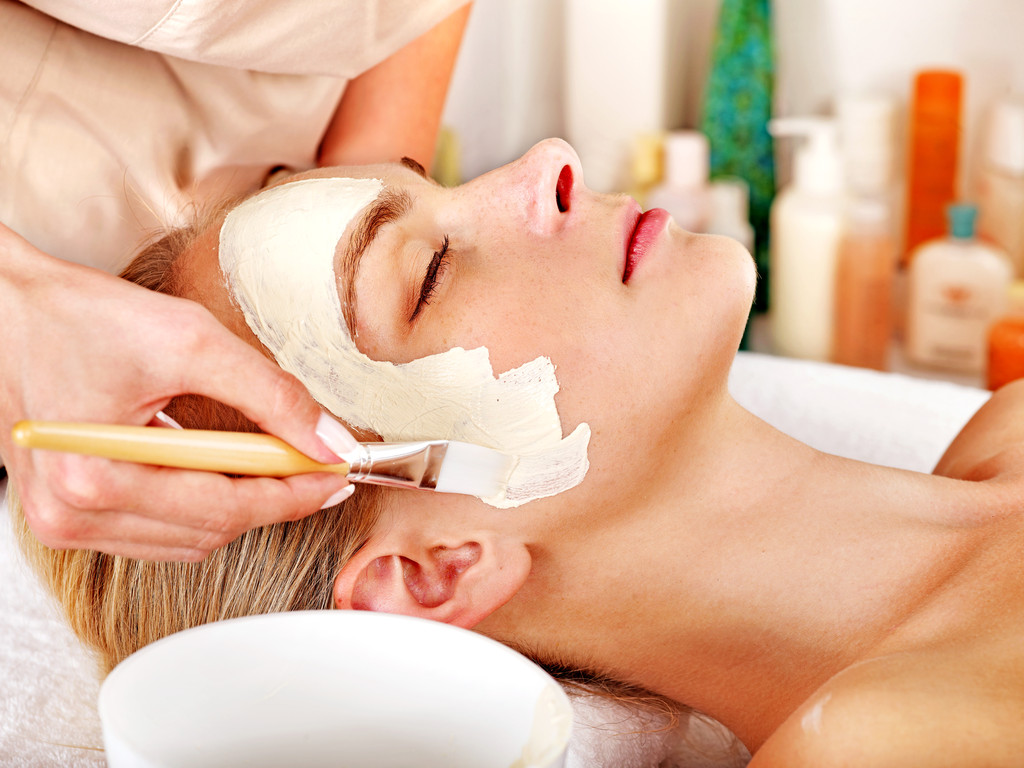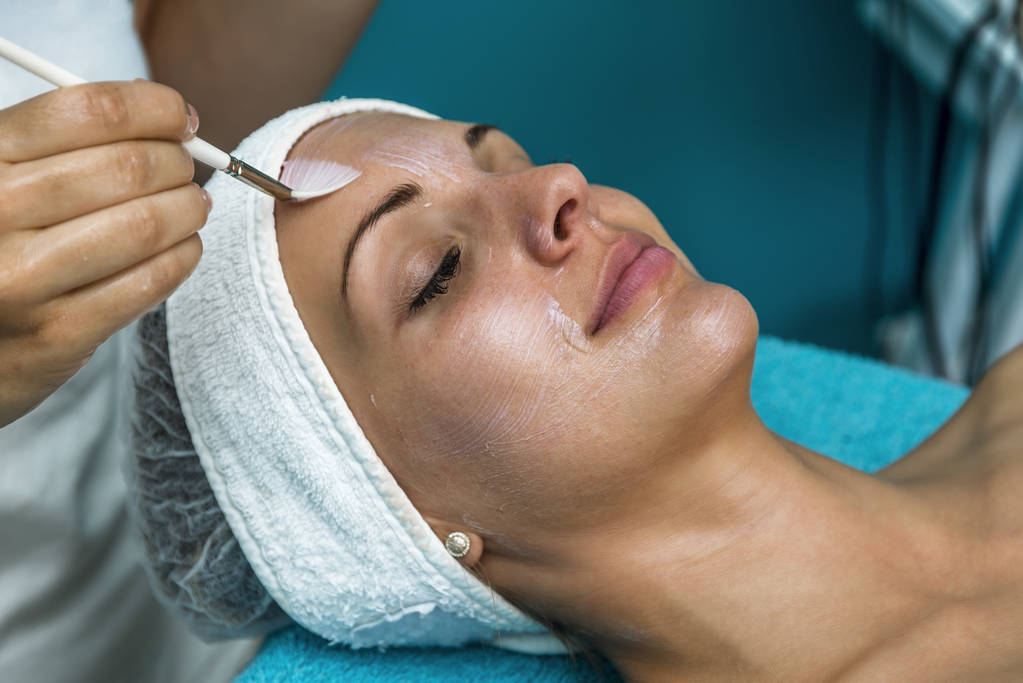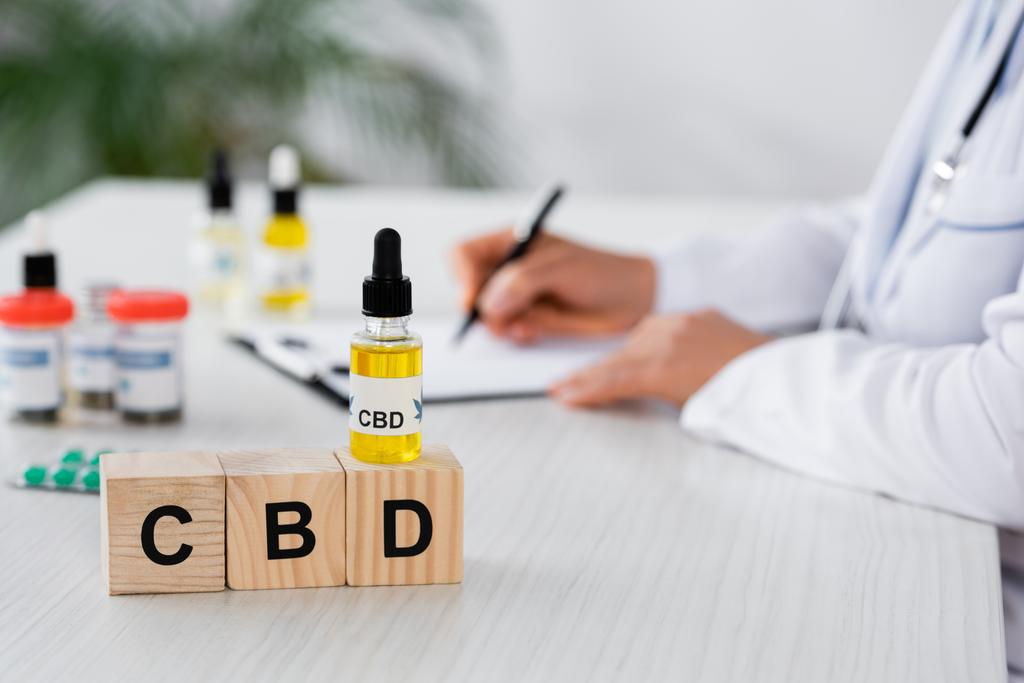Are you seeking medical care in Fort Collins but wondering about the differences between urgent and emergency care?

This guide will not only clarify these distinctions but also shed light on what “urgent” means in a hospital and within the NHS (National Health Service).
**1. Understanding the Difference Between Urgent and Emergency Care
Before diving into the specifics of urgent care in Fort Collins, let’s clear up the crucial differences between urgent and emergency care:
Urgent Care:
- Urgent care centers are designed for non-life-threatening medical situations that require prompt attention but are not severe enough to warrant an emergency room visit.
- Examples of urgent care needs include minor injuries (like sprains or minor fractures), common illnesses (such as flu or urinary tract infections), and minor cuts and burns.
- Urgent care facilities typically offer extended hours, including evenings and weekends, making them a convenient option for those needing immediate medical attention when primary care offices are closed.
Emergency Care:
- Emergency rooms (ERs) are equipped to handle life-threatening conditions or severe injuries.
- Situations that warrant a visit to the ER include chest pain, severe injuries, difficulty breathing, severe bleeding, loss of consciousness, and symptoms of stroke or heart attack.
- ERs operate 24/7 and are staffed with specialized medical professionals capable of providing immediate, comprehensive care.
2. What is Considered “Urgent” in a Hospital?
Within a hospital setting, “urgent” typically refers to medical conditions that require prompt attention but do not meet the criteria for emergency care. Hospitals have separate units or departments to address urgent medical needs. These may include:
Urgent Care Units:
- Hospital-based urgent care units handle non-life-threatening situations that need quick treatment, such as broken bones, minor infections, or allergic reactions.
- They can provide diagnostics, treatments, and medications to alleviate urgent health concerns.
Urgent Care Clinics:
- Some hospitals have separate urgent care clinics on their premises, which operate similarly to standalone urgent care centers.
- These clinics cater to patients with non-emergency issues and offer extended hours for convenience.
Outpatient Services:
- Hospital outpatient departments also offer services for urgent medical conditions that do not require hospitalization. This includes various specialties like orthopedics, dermatology, and more.
3. What is “Urgent” in the NHS (National Health Service)?
In the context of the National Health Service (NHS) in the United Kingdom, “urgent” refers to healthcare services that address medical issues requiring prompt attention but are not considered emergencies. NHS offers various urgent care services, including:
NHS Urgent Treatment Centers (UTCs):
- UTCs provide medical care for minor injuries and illnesses that need immediate attention but are not life-threatening.
- These centers are available for walk-in appointments and offer an alternative to emergency room visits.
NHS 111 Service:
- The NHS 111 service offers medical advice and assistance for urgent healthcare needs. You can call 111 to speak with healthcare professionals who will guide you on the best course of action.

In summary, understanding the differences between urgent and emergency care is crucial for making informed healthcare decisions. Urgent care in Fort Collins and other regions provides a vital bridge between non-emergency medical issues and the comprehensive services offered in emergency rooms. In a hospital setting and within the NHS, “urgent” refers to medical conditions that need prompt attention but are not life-threatening, and various healthcare facilities and services cater to these needs. When seeking medical care, it’s essential to assess the severity of your condition and choose the appropriate level of care accordingly to receive timely and effective treatment.
Learn more at Wiki as well.

































